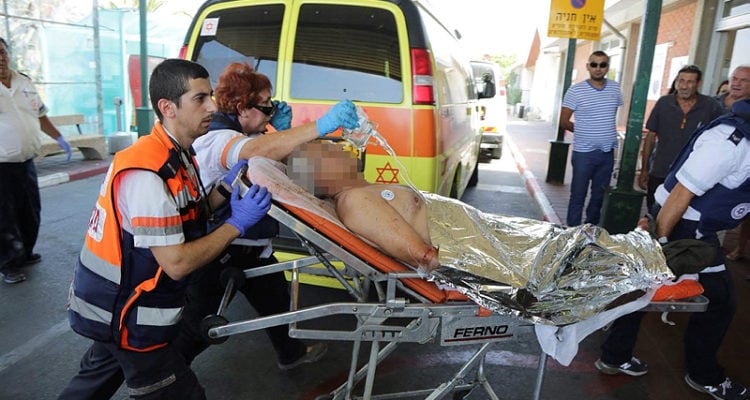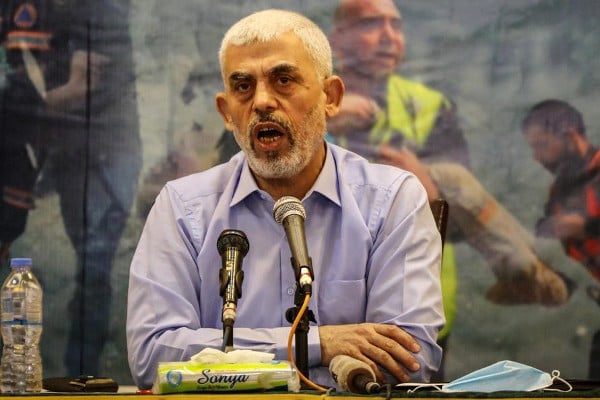ARTICLE AD BOX

Bringing wounded to hospital (Edi Israel/Flash90)
Edi Israel/Flash90
One in three Oct. 7 victims came to hospital in critical condition
The study by health policy researchers also emphasized the critical need to expand rehabilitation services in Israel.
By Batya Jerenberg, World Israel News
A whopping one third of October 7 victims came to hospital in critical condition, said a study by health policy researchers revealed last week that examined the resources, or lack of them, that were exposed in Israel’s medical system following the day Hamas-led terrorists invaded the country.
The study that was presented at a conference of the Israel National Institute for Health Policy Research (INIHPR) also noted that fully 70% of those rushed to hospital required at least one operation.
The data showed that 630 people were hospitalized, with 90% of them bearing gunshot wounds, and 16% suffering from multiple types of injuries, including burns and blast wounds.
The unprecedented number of serious casualties overwhelmed the two hospitals that were the initial intake centers on October 7, Soroka Hospital in Beer Sheva and Barzilai Hospital in Ashkelon.
The researchers said that their data showed that there is a critical need to upgrade infrastructure at Israeli hospitals in general, and add more operating rooms and imaging machines in particular to enable better and faster care of patients during mass casualty events.
They also noted that fully half of all the injured were later transferred for rehabilitation and that the health care system must be revised and equipped to handle such numbers.
“The immense demand for rehabilitation resources in such a short timeframe necessitates rapid reorganization of existing medical facilities to accommodate the high number of patients requiring rehabilitation,” the researchers noted.
There have been several reports over recent months on the response of the country’s medical system to the wounding of some 3,400 people on October 7 itself as well as the steadily climbing numbers due to the ongoing war in both the Gaza Strip and Lebanon.
These included the issues covered in the study, both leveling criticism and providing recommendations for the future.
For example, an August report by the Ministry of Defense stated that since October 7,2023, over 10,000 war wounded have been registered in the ministry’s Rehabilitation Division, with more than a thousand new cases coming in each month. Of them, more than a quarter are soldiers complaining of psychological issues such as anxiety and PTSD as a result of their war experiences.
According to the forecast of the Rehabilitation Division, by the year 2030, 100,000 IDF disabled persons will be treated in the division, with half of them dealing with mental injuries.
The ministry’s director general, Maj. Gen. (Ret.) Eyal Zamir, called these figures “an unprecedented [struggle to] cope, on a scale we’ve never known before…. Our predictions, with an emphasis on those dealing with post-trauma, require the immediate mobilization of all state bodies and resources. The faster we react, the more wounded we will be able to return to life.”
The study’s authors included Prof. Eldad Katorza, head of the Gertner Institute for Epidemiology and Health Policy Research, and Dr. Ari Lipsky, head of the emergency department at HaEmek Medical Center.
Israeli health careIsraeli HospitalsMass casualty incidentOctober 7threhabilitation

 2 months ago
81
2 months ago
81









 English (US) ·
English (US) ·